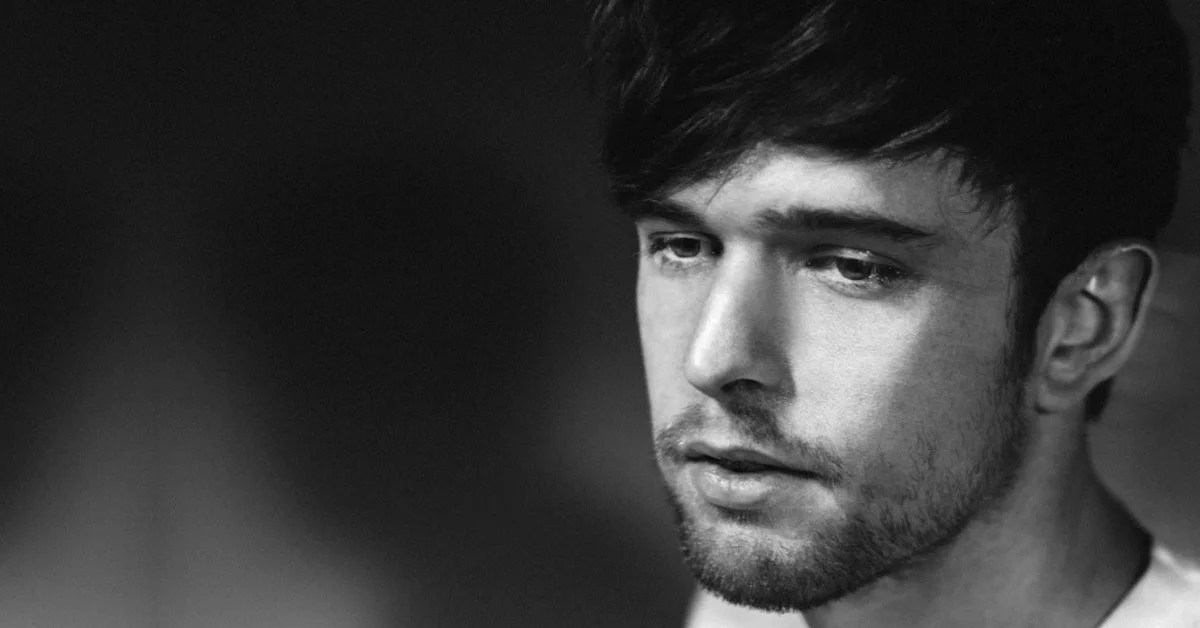Vocal Range: C#2 – A4 – F5 (3 octaves and a diminished fourth)[1]https://therangeplanet.proboards.com/thread/1039/james-blake
Vocal Fach: Lyric Baritone
Vocal Rating: Singer
Analysis: Despite being primarily known as an electronic music producer, James Blake’s voice is a striking but often overlooked feature of his music. A classically trained pianist, it’s unclear if Blake has received extensive training as a vocalist. Still, Blake brings a classical approach to both his production and singing and his sharp musical ear keeps his voice consistently well tuned. Flipping between a dark and rocky lower register and a bright and operatic higher one, Blake uses his voice in a way that complements his more minimalist electronic production. Because he is naturally shy, his live performances can be subject to minor technical issues brought on by nerves, but his studio recordings reveal an even more impressive voice in private.
Known for his ambient, lo-fi production style, Blake often sings softly with an airy sound to match this (“Life Is Not The Same”). While there’s tension in his voice, Blake demonstrates control of his voice being able to both add and take away his fluttering vibrato (“Famous Last Words”). As a classical instrumentalist, he likely admires bel canto aesthetics, explaining his approach to some passages in a pseudo operatic (head voice dominant) manner (“Say What You Will”). Blake wouldn’t be able to create that semi-operatic sound without solid breath support, which he again demonstrates on “Say What You Will,” holding out a phrase peaking at C#5 for 23 seconds. Blake can also sing simple melisma with good fluidity.[2]”To Care (Like You)“
As his voice descends into the lower third octave, it picks up natural resonance and bass. However, Blake typically sings in the second octave using vocal fry or a low grovel whether as a lack of skill, confidence, or most likely a stylistic choice. As his music is typically soft and ambient, he is likely choosing vocal fry to prevent his lower notes from overwhelming his production. Similarly, his middle range is occasionally sung with a twang as he attempts to subdue his sound. While many pop singers tend to carry their chest voice too high, Blake seemingly does the opposite, bringing his head voice lower to cover his passagio. While it may sound off-putting to listeners, this stylistic choice will help to preserve his instrument.
Given his ability to handily sustain an A4 with vibrato,[3]“I Need A Forest Fire“ he could likely go further above Bb4 with a chest-dominant, mixed sound if he so chose, but his desire to only show his voice in its best light seemingly keeps him from doing so. His head voice meanwhile is bright, clear, and even somewhat feminine, with a “ring” up to around Eb5. Like with his mixed voice, he could likely extend above his demonstrated high of F5 if he so chose, but this would likely come at some tonal cost.
Overall Blake is a considerable vocal talent with a uniquely developed instrument. He is an excellent example of a musician whose foremost talent may not be singing, but who has through practice and perseverance crafted a beautiful and developed voice.
What do you think of James Blake’s voice? Would you add anything to our analysis? Let us know by commenting below!
James Blake’s vocal range is C#2 – Bb4 – F5, approximately three octaves and a fourth.
James Blake is a lyric baritone.
References




